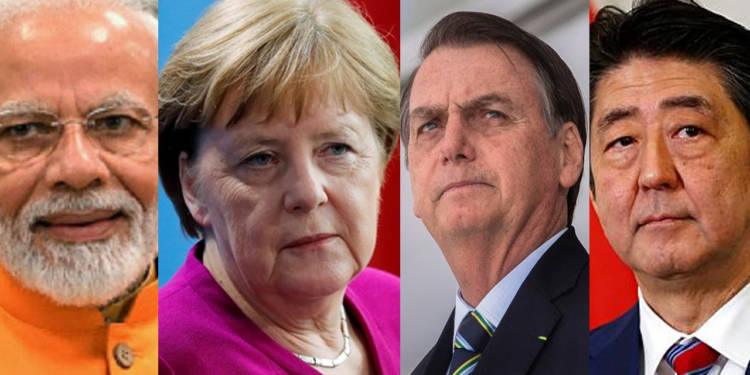At a time when international security and peace gains prime focus in light of the rise of ISIS, the United Nations Security Council has come in for heavy criticism for its inaction and a narrow mindset which continues to delay the much-needed reforms by inducting new permanent member countries. The UNSC as of now has only five member countries which include China, France, Russia, the US and the UK and consists of non-permanent members which continue to rotate.
The permanent members who are better known as the P5 have found to be wanting when it comes to tackling terrorism and security concerns of the world. India’s permanent representative to the United Nations, Syed Akbaruddin hit out at the UNSC by comparing the unending reform process to that of a Greek tragedy.
India has asserted that an “obsolescent” global governance structure cannot be fit for the purpose to address the challenges of peace and security in the 21st century. Akbaruddin conveyed his dismay as Intergovernmental Negotiations (IGN) process for Security Council reform continues to drag on since the past 11 years. He further said that 40 years since the inscription of the item on the agenda of the General Assembly, “reads more and more like a Sisyphean struggle. Sitting and listening to this debate every year, one is reminded of the tragic Greek mythological tale of Sisyphus. Cursed by the Gods to roll an immense boulder up a hill, only for it to roll back down, dooming him to fruitless toil for eternity.”
Akbaruddin was speaking at the General Assembly plenary meeting on the ‘Question of equitable representation on and increase in the membership of the Security Council and other matters related to the Security Council.’ “We enact this Greek tragedy year after year, oblivious to the warning signals all around us. The signs that global visions are changing, universal norms are shifting and established rules are altering are evident,” Akbaruddin said.
The UNSC has time and again failed to address the increasingly complex issues of international security and peace as Akbaruddin said, “Unlike in the case of the mythical boulder that Sisyphus kept rolling up the hill, our collective failure to deliver on the promise of reforming the Security Council has serious implications for not only the continuing relevance of global governance institutions but for the lives of millions of ‘we the people’ around the world.”
Importantly, UN Secretary-General Antonio Guterres warned that the world is breaking apart and the status quo is untenable and despite this, the Security Council reforms cannot be an unending merry-go-round. Akbaruddin also stressed that a vast majority of member states are in favour of expansion in permanent and non-permanent categories of membership of the Security Council.
The Narendra Modi government has been vociferously pushing for a permanent seat at the United Nations and the G4 nations comprising of Japan, India, Brazil and Germany are pushing each other’s causes for the same. India’s claim to the permanent chair at the UNSC has been backed by the all the P5 members but China claimed that it will only support India’s claim if it doesn’t associate its bid with that of Japan. While the P5 continue to be divided, the G4 is a united bunch and will jointly contest for a permanent seat at the UNSC. If either one is rejected, the other 3 won’t accept the offer.
The UNSC in its present form is incompetent to handle issues related to international security and peace and if it continues to resist the reforms, it is only time until UNSC is junked.

























